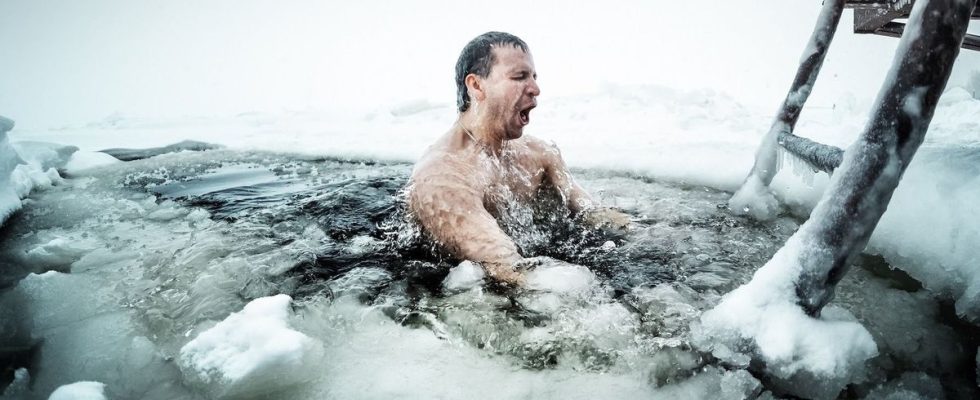Published on
Updated
Reading 2 min.
The drop in temperatures has not encouraged people to set foot outside since the start of the week, and has even raised fears of an increase in certain winter illnesses. But is the cold really bad for your health? Not so sure, according to numerous scientific studies published on the subject. It could even be beneficial for boosting the immune system, sleeping better, or more simply… relaxing.
Although it is important to adopt certain reflexes during episodes of extreme cold, and in particular to cover up well or ventilate your home, this does not mean that the cold is necessarily bad for your health. Many scientists have looked into this thorny subject, and have highlighted, if not suggested, that the cold has superpowers, to the point of seeing the emergence of numerous practices, from ice baths to cryotherapy, intended to treat certain ailments. via its numerous properties.
Better immunity
It is a debate which has not yet really found a solution. Does the cold have the power to weaken or, on the contrary, strengthen the immune system? There are pros and cons, but some studies are clear: the cold could help you get less sick. A study, conducted in the Netherlands among 3,018 participants aged 18 to 65, demonstrated that people who went from a hot shower to a cold shower of 30, 60 or 90 seconds over a long period had fewer sick leaves. than those who did not indulge in this routine. An observation which would be linked, according to the researchers, to the stimulation of leukocytes, in other words white blood cells, which help the body to defend itself against viruses and bacteria.
Better sleep?
Whether it’s too hot or too cold, excess temperatures generally harm the quality of sleep, but it seems that cold is more conducive to falling asleep and recovering. And for good reason, it is – a priori – more easily controllable. According to the National Institute of Sleep and Vigilance (InVS), a temperature between 16 and 18 degrees would be ideal in the bedroom for good sleep, which is easier to achieve when it is cold – and shows by the same occasion as heat – contrary to popular belief – does not help in any way to enjoy restorative sleep. “The body is more vulnerable to thermal excesses during sleep because thermal regulation mechanisms work less well when we sleep, particularly during paradoxical sleep,” explains the association.
Less stress
The sun, the beach, and the sea… What could be better to indulge in moments of relaxation far from the hustle and bustle of everyday life? And yet, it is perhaps in icy water that some will see their stress reduced. In any case, this is the concept of Wim Hof method, invented by the Dutchman of the same name, which guarantees “a state of absolute well-being and fullness”. The idea? Combine breathing and meditation exercises with ice baths – the latter being particularly popular in Northern Europe. Although the concept has not been validated by science, studies have already suggested that cold or cold water helps release endorphins, inducing a feeling of well-being – and even relieving certain pain.
